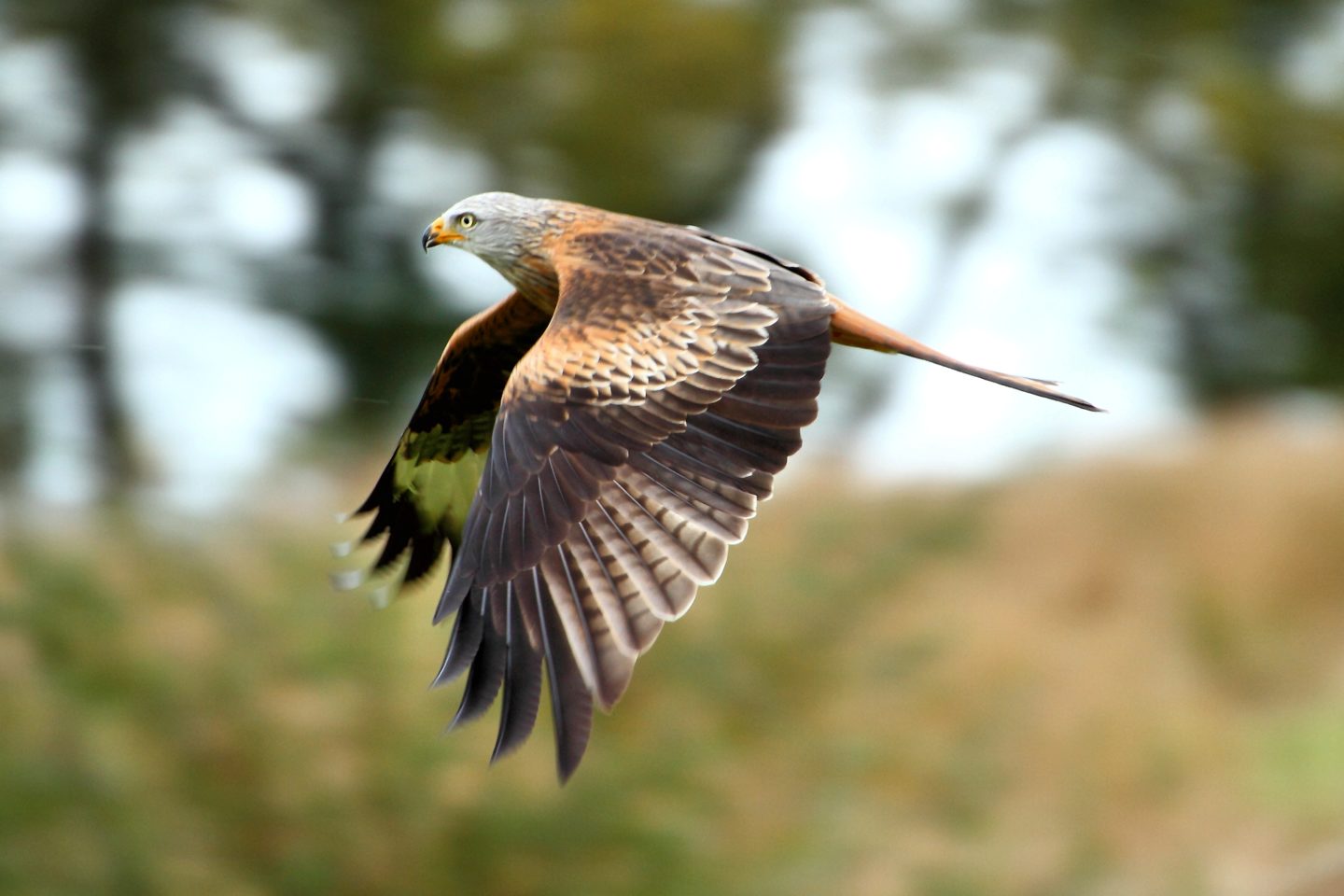Government moves to penalise grouse-shooting estates suspected of persecuting birds of prey have been “completely undermined” by a gaping loophole, say conservationists.
In a bid to combat the illegal poisoning and killing of birds of prey, which are known to prey on grouse, the Scottish Government in 2013 asked its wildlife agency, Scottish Natural Heritage (SNH), to consider how it could restrict the general licences it issued to estates. These allow gamekeepers to control crows and other birds that take grouse eggs and chicks.
In November 2015 SNH withdrew general licences from four properties where it said there was evidence that birds of prey had been persecuted. But this triggered a legal challenge by estates, which denied any wrongdoing.
Now however, gamekeepers have been allowed to carry on the killing of crows, rooks and gulls, making the removal of the general licence a pointless exercise and “farcical”, according to the Royal Society for the Protection of Birds (RSPB). The move has been defended as “robust regulation” by SNH.
The argument is the latest twist in the fierce debate between RSPB and other critics of grouse moor management on one hand and landowners and sporting estates on the other.
Raeshaw estate, near Heriot south east of Edinburgh, is one of the estates that had its general licence removed and is now pursuing a judicial review of SNH’s decision. A procedural hearing is expected on November 3 and a substantive hearing in January.
Raeshaw’s general licence for controlling birds remains withdrawn. But in its place, SNH has granted the estate two specific licences permitting activities that would have been carried out under a general licence.
Copies of the two specific licences have been obtained by the Raptor Persecution UK blog under freedom of information law (see below). They allow gamekeepers to kill crows, rooks, jackdaws, magpies, collared doves, woodpigeons, feral pigeons and three species of gulls for specified periods this year.
According to Duncan Orr-Ewing, head of species and land management at RSPB Scotland, the Scottish Government had wanted a workable deterrent to prevent illegal persecution of birds of prey. “SNH now issuing specific licences to authorise the same pest control activity as before completely undermines this well-intentioned sanction,” he said.
“This isn’t just a loophole in the procedure for removing general licences as an intended restraint to wildlife crime; it’s a yawning chasm that you could drive a whole moor’s population of grouse through.”
RSPB Scotland is calling on ministers to introduce a formal licensing system for gamebird shooting. This would enable licences to be revoked where criminal activity against birds of prey and other wildlife is proven.
SNH, however, pointed out that it had always said that it would continue to issue specific licences. “It’s not our intention, nor should it be, to limit legitimate management activities,” said SNH’s head of operations, Ross Johnston.
“Restricting general licences ensures that land managers must seek specific permission from SNH to control certain species and that those activities can then be monitored,” he added.
SNH staff have so far carried out two unannounced visits to check that Raeshaw has not breached its specific licences. SNH is also considering withdrawing general licences from other estates in “a number of potential cases”.
“These restrictions are a clear signal that we will seek to impose more robust regulation, when we have lost confidence in the light-touch regulatory approach that the general license offers,” stated Johnston.
“Overall, our aim is to ensure that wildlife crime doesn’t take place and that wild birds are protected from illegal activities. As the law stands, securing the necessary level of evidence to allow for the prosecution of individuals is difficult.”
A Scottish Government spokesman said: “Specific licences are only granted with associated compliance measures and additional scrutiny. This does not undermine sanctions prohibiting use of general licences.”
Raeshaw argued that SNH was wrong to revoke its general licence. “We have always said we would vigorously challenge the decision and look forward to having our arguments heard in court,” said an estate spokesman.
“Responsible game management practices are at the heart of what Raeshaw and its staff do. As a major employer of local people, the estate has been, and continues to be, an important part of the local economy and community.”
The licences obtained by Raptor Persecution UK
A version of this article was published in the Sunday Herald on 23 October 2016.
Photo thanks to Tim Felce, CC BY-SA 2.0, via Wikimedia Commons.














